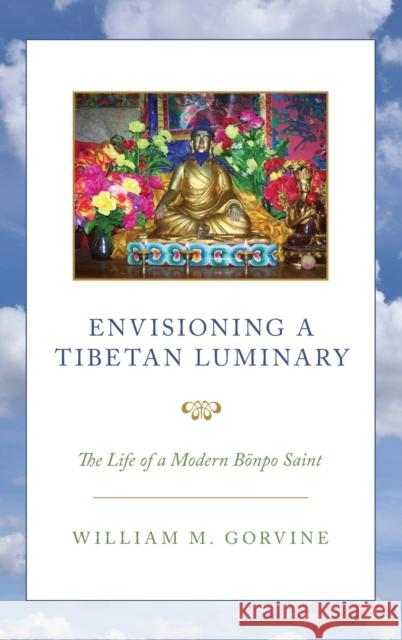Envisioning a Tibetan Luminary » książka
topmenu
Envisioning a Tibetan Luminary
ISBN-13: 9780199362349 / Angielski / Twarda / 2020 / 328 str.
Kategorie:
Kategorie BISAC:
Wydawca:
Oxford University Press, USA
Język:
Angielski
ISBN-13:
9780199362349
Rok wydania:
2020
Ilość stron:
328
Waga:
0.63 kg
Wymiary:
23.62 x 15.75 x 2.29
Oprawa:
Twarda
Wolumenów:
01
Dodatkowe informacje:
Bibliografia
Glosariusz/słownik
Glosariusz/słownik











